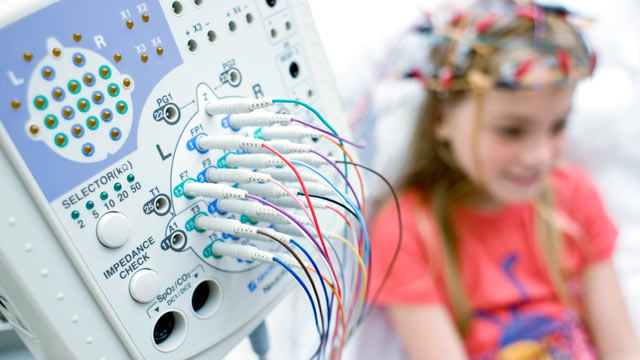How to know when anxiety attacks?
Being anxious is an emotion that is normal in human beings. It is very common for us to feel nervous while facing an interview or anxious waiting for results. But having a constant feeling of distress and anxiety often leading one to live an abnormal life is an ailment not so uncommon.
What is an anxiety disorder?
According to Wikipedia, “Anxiety is an emotion characterized by an unpleasant state of inner turmoil, often accompanied by nervous behavior such as pacing back and forth, somatic complaints, and rumination. It is the subjectively unpleasant feelings of dread over anticipated events, such as the feeling of imminent death. Anxiety is not the same as fear, which is a response to a real or perceived immediate threat, whereas anxiety is the expectation”.
Most doctors describe it as a normal reaction to danger that triggers the body’s automatic flight-or-fight response when it feels threatened or pressurized. If not in excess, anxiety is not usually a bad thing as it helps one to stay focused and motivated. But having constant fear and dread that makes one disabled to perform normal day-to-day activity can be characterized as an anxiety disorder.
Unlike other ailments, anxiety disorders are a cluster of related conditions making it different from person to person. For one individual suffering from anxiety disorder, attacks can strike without warning, while in another; its onset can be signaled through panic attacks. While most struggle with a constant fear of uncontrollable thoughts, many may experience living in a steady state of panic, worry or fear about something or everything. But what these patients suffering from some form of anxiety disorders have in common is that they exhibit intense anxiety while addressing a situation at hand.
Symptoms of anxiety disorders
Besides excessive and unreasonable fear and worry, other symptoms include:
- Thoughts of wariness and dread
- Looking for signs of trouble or danger
- Accepting the worst
- The feeling of overwhelming fear and uneasiness
- Unnecessary irritation
- Feeling numb
But besides emotional and mental symptoms, anxiety attack can be ascertained by a wide range of physical signs and symbols which include:
- A severe headache
- Rapid heartbeat
- Perspiration
- Upset stomach
- Giddiness
- Muscle tension and stiffness
- Short breath or rapid breathing
- Diarrhea or over urination
- Body trembling
- Insomnia
These physical symptoms can often be mistaken as signs for a medical illness making it tough for them to assess the cause of their disease as an anxiety disorder. If you too have any of these signs, it is better to visit a neurotherapist for an accurate diagnosis. Contact us today for a free consultation and learn about a natural anxiety treatment, free from drugs.





